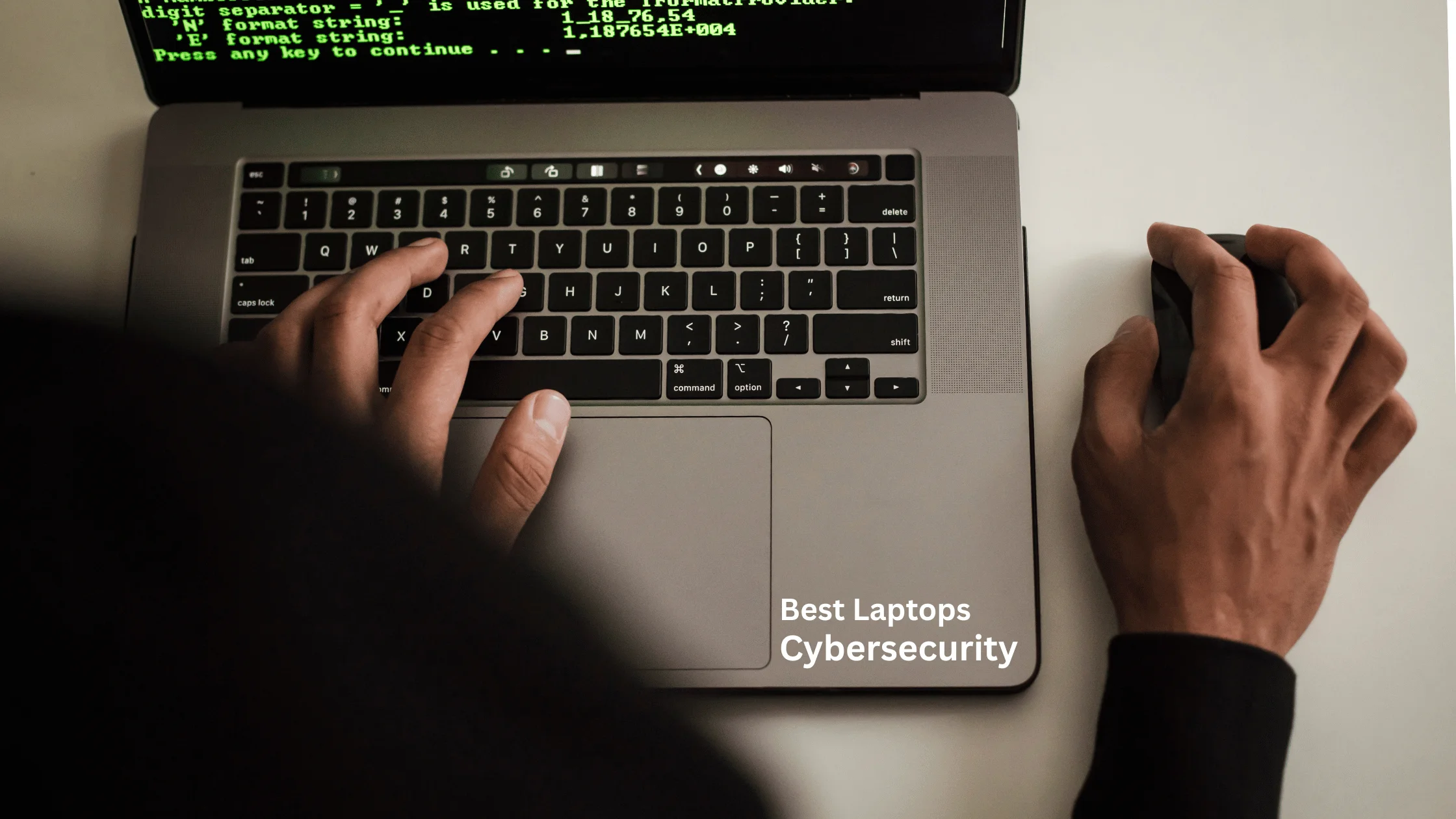Best Laptop for Cybersecurity | Professionals and Students
Published: 23 Jun 2025
In the ever-evolving world of cybersecurity, your laptop isn’t just a tool; it’s your command center.

Whether you’re a student diving into ethical hacking, a professional managing secure networks, or a researcher exploring AI-driven threats, the right laptop can make or break your workflow.
This guide goes beyond generic recommendations to help you choose a machine that aligns with your technical demands and long-term goals.
🔍 What Makes a Laptop Ideal for Cybersecurity?
Before diving into specific models, let’s define the core requirements:
| Component | Recommended Specs |
|---|---|
| Processor (CPU) | Intel Core i7/i9 (12th Gen or newer) or AMD Ryzen 7/9 for multitasking and VMs |
| RAM | Minimum 16GB; 32GB or more preferred for running multiple virtual machines |
| Storage | SSD (512GB–2TB); NVMe preferred for faster boot and data access |
| Graphics (GPU) | Integrated is fine for most, but a discrete GPU (e.g., RTX 3060+) helps with AI tools |
| Battery Life | At least 6–8 hours for mobility |
| Security Features | TPM 2.0, fingerprint reader, webcam shutter, BIOS-level protections |
| OS Compatibility | Linux-friendly (Kali, Parrot OS), dual-boot support, or virtualization-ready |
🧠 Top Picks for 2025
1. Lenovo ThinkPad X1 Extreme Gen 5
Best for: Professionals & Penetration Testers
- Why it stands out: Military-grade durability, excellent Linux compatibility, and ThinkShield security suite.
- Specs: Intel Core i9, up to 64GB RAM, NVIDIA RTX 3080Ti, 2TB SSD
- Bonus: Match-on-chip fingerprint reader and dTPM 2.0 chip
2. Dell XPS 15 (2025 Edition)
Best for: Cybersecurity students and researchers
- Why it stands out: Sleek design, powerful internals, and great battery life
- Specs: Intel Core i7-13700H, 16GB DDR5 RAM, 1TB SSD, RTX 4050
- Bonus: Excellent display for multitasking and VM dashboards
3. Framework Laptop (DIY Edition)
Best for: Tinkerers and privacy-focused users
- Why it stands out: Fully modular, repairable, and customizable
- Specs: Varies (supports up to Intel Core i9, 64GB RAM)
- Bonus: Open-source BIOS and hardware-level privacy switches
4. Apple MacBook Pro M3 (16-inch)
Best for: Cross-platform developers and macOS security researchers
- Why it stands out: Exceptional performance, battery life, and secure enclave
- Specs: M3 Pro/Max chip, 16–32GB RAM, 512GB–2TB SSD
- Bonus: Native support for Unix-based tools and virtualization
5. ASUS ROG Zephyrus G14
Best for: Ethical hackers and AI-driven threat analysts
- Why it stands out: Gaming-grade power in a compact form
- Specs: AMD Ryzen 9, RTX 4070, 32GB RAM, 1TB SSD
- Bonus: Great for GPU-intensive tasks like password cracking or ML model training
🛠️ Pro Tips for Cybersecurity Users
- Dual Boot or Virtualization? Use dual boot for full OS control (e.g., Kali Linux), or virtualization (e.g., VMware, VirtualBox) for flexibility.
- Privacy First: Choose laptops with physical webcam shutters, BIOS-level password protection, and encrypted SSDs.
- Linux Compatibility: Ensure your laptop supports Linux distros out of the box; ThinkPads and Dell XPS models are top-tier here.
- Portability vs. Power: If you’re often mobile, prioritize battery life and weight. If you’re lab-bound, go for raw performance.
🧩 Final Thoughts
The best laptop for cybersecurity isn’t about flashy specs; it’s about balance. You need a machine that can handle virtual labs, secure your data, and adapt to evolving threats. Whether you’re reverse-engineering malware, running AI models, or managing enterprise firewalls, your laptop should be a reliable partner in your digital defense journey.

- Be Respectful
- Stay Relevant
- Stay Positive
- True Feedback
- Encourage Discussion
- Avoid Spamming
- No Fake News
- Don't Copy-Paste
- No Personal Attacks

- Be Respectful
- Stay Relevant
- Stay Positive
- True Feedback
- Encourage Discussion
- Avoid Spamming
- No Fake News
- Don't Copy-Paste
- No Personal Attacks





